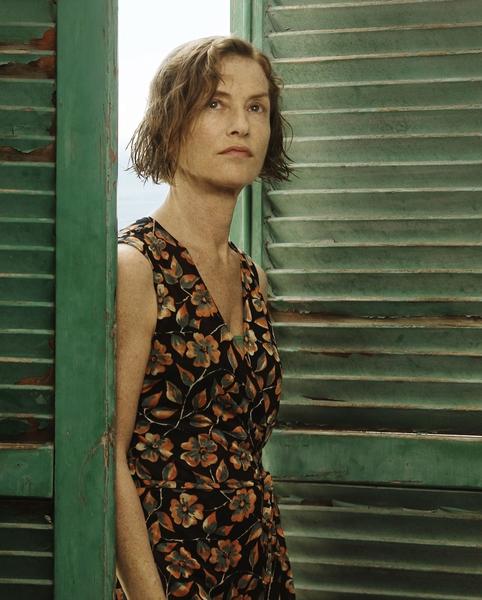The fifth collaboration between iconic French actress Isabelle Huppert and director Benoît Jacquot tells the story of Ann (Huppert), a concert pianist who leaves her partner of 15 years after she sees him passionately kiss another woman. She decides to abandon her life, leaving no trace of her previous existence, and only one friend, Georges (Jean-Hugues Anglade), is allowed to know her plans. She has met Georges for the first time since childhood by a ridiculous contrivance but, as with so much in this film, it helps to go with the flow because Huppert, who appears in almost every scene, is so compellingly watchable.
Based on the novel by Pascal Quignard, Villa Amalia starts in almost film-noirish manner as we see Ann follow Thomas (Xavier Beauvoir) to his mistress’s house, only to bump into Georges, who happens to be on the same street at the same time. The story continues in this quasi-mystery-suspense mode for a while, before going into full metaphorical and allegory territory, trading darkened interiors and rainy Paris suburbs for shots of sun-filled trains and glistening Mediterranean waters.
Georges is Ann’s exit route from her old life, as she abandons home and career, discarding every vestige of it - apartment, clothes, possessions, even her pianos - with his help. With skilful editing and not a word of dialogue for several minutes, Jacquot skilfully conveys Ann’s journey from France through Germany and Switzerland before she finds the titular home on an Italian island, where she settles.
Along the way, Georges, although he’s gay, makes a pass at Ann, she beds a much younger woman and befriends a cantankerous old Italian woman, suggesting that she has an allure (apart from the obvious - it is Huppert, after all) that is not immediately apparent to us. Throughout, the score by Bruno Coulais is almost a character in its own right, beginning with overwrought strings to convey Ann’s inner tensions, through the godawful atonal music that she plays (reason enough for anyone to leave their career mid-concert, as she does), until we end with the lush orchestrations that suggest Ann has found some internal harmony.
Villa Amalia is an intriguing exploration of a woman who realises that her life is a lie that she can longer live. It may seem an overreaction to a husband’s (a French one at that) infidelity but Huppert, playing a glacial, brusque character that we never totally warm to, makes us believe she is a woman who has to leave one life behind in order to search for happiness in another.
The film, like so many of the genre, teeters the line between engrossingly artistic and infuriatingly artful, but Huppert’s portrayal of a woman on the edge is beautifully, captivatingly expressive.
- Villa Amalia is on UK release from 25 June
- Find Pascal Quignard on Amazon
Watch the Villa Amalia trailer













Add comment